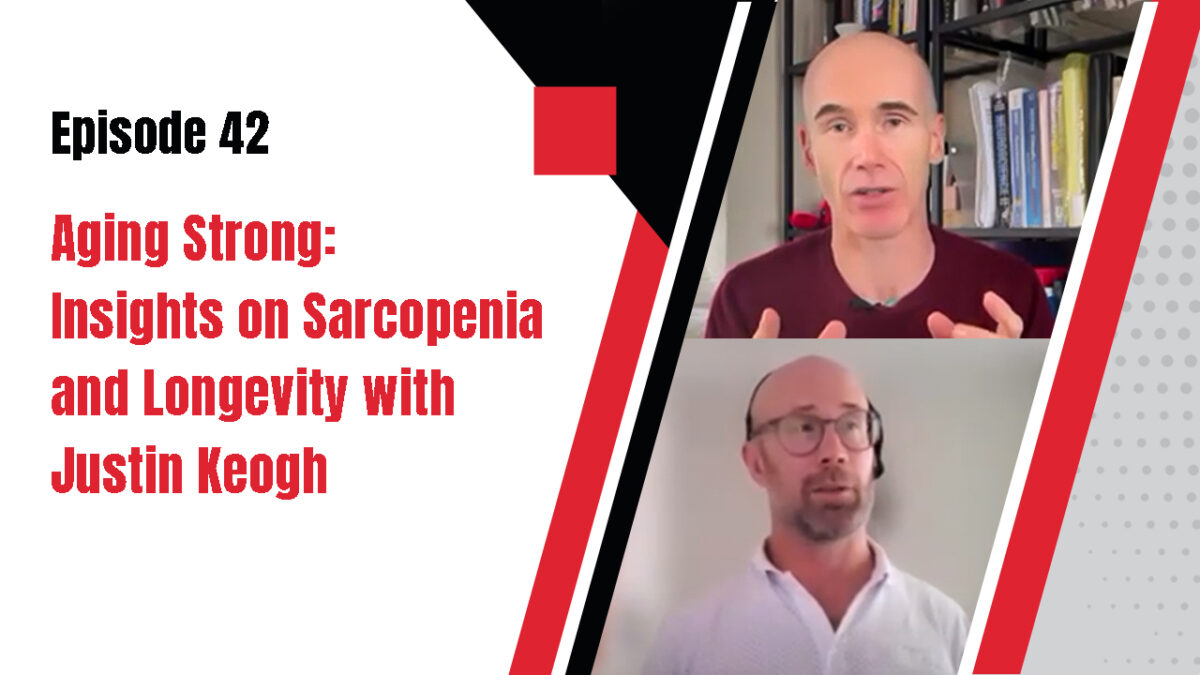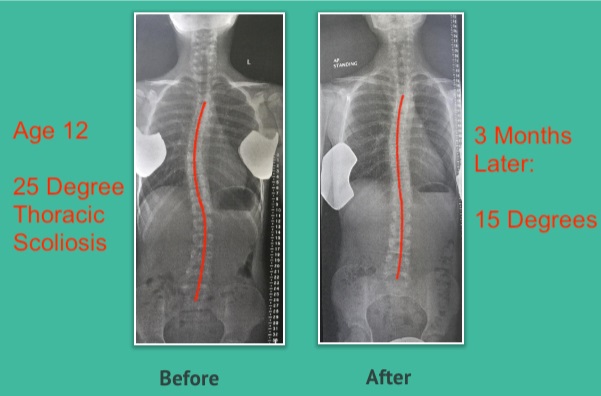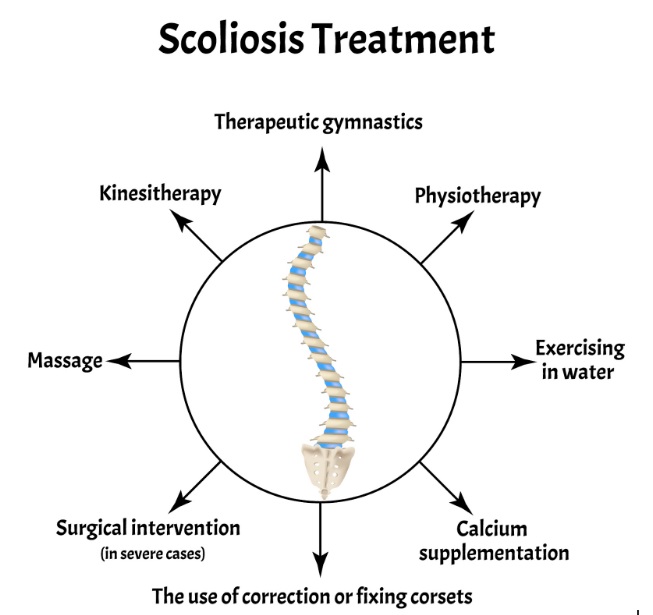As we age, maintaining our physical strength and functional abilities becomes increasingly important. One of the crucial aspects of this is understanding sarcopenia, which is the age-related loss of muscle mass and function. In this article, we will explore what sarcopenia is, its implications for longevity, and practical strategies to combat its effects. I had the pleasure of sitting down with Justin Keogh who is the Associate Dean of Research for the Faculty of Health Science and Medicine at Bond University, with a special interest in geriatric exercise prescription who helped me understand this area better and write this guide to help you maintain muscle health as you age.
What is Sarcopenia?
Sarcopenia is defined as the progressive loss of muscle mass, strength, and function associated with aging. It is not merely a consequence of getting older; rather, it significantly impacts independence and quality of life. As muscle mass decreases, older adults often find everyday activities more challenging. Tasks like standing up from a chair, walking, or climbing stairs become increasingly difficult.
Contemporary definitions of sarcopenia encompass not only muscle mass but also muscle strength and physical performance. Physical performance can be gauged through assessments such as gait speed and the ability to perform sit-to-stand activities. These metrics are used because the movements offer a proxy for fundamental movements for maintaining independence and functionality in daily life.
The Importance of Muscle Health in Aging
Taking steps to maintain and enhance muscle strength as we age is important for several reasons. Loss of muscle mass can lead to:
- Increased risk of falls
- Reduced mobility
- Decreased overall strength
- Lower metabolic health
How Does Muscle Loss Affect Longevity?
One of the key questions surrounding sarcopenia is its relationship with longevity. Studies have shown that individuals who lose muscle as they age may not only experience functional decline but may also have a higher risk of premature death. For instance, walking speed has been identified as a significant biomarker of longevity. A gait speed of less than 0.8 meters per second is associated with increased negative health outcomes aka not living as long as you might.
As walking speed decreases, the risk of severe health consequences and mortality increases. Therefore, maintaining muscle strength along with function is paramount for promoting longevity.
Factors Contributing to Sarcopenia
Sarcopenia can result from various factors, including:
- Reduced physical activity
- Hormonal changes
- Chronic diseases
- Malnutrition
These factors can compound over time, leading to significant muscle loss. It is crucial to address these elements proactively to mitigate the effects of sarcopenia. You might do this with your doctor, nutritionist, chiropractor or osteopath, but whomever you work with make sure they have skills in working with an elderly population.
Strategies to Combat Sarcopenia
To effectively combat sarcopenia, a multifaceted approach is required. Here are some practical strategies:
1. Engage in Resistance Training
Resistance training is one of the most effective ways to maintain and build muscle mass. Engaging in strength training exercises at least twice a week can help counteract muscle loss. Focus on exercises that target major muscle groups, which can start with things like getting up and down from a chair and progress to:
- Squats
- Lunges
- Push-ups
- Rowing
2. Incorporate Balance and Flexibility Exercises
Improving balance and flexibility is crucial for functional mobility. Incorporate exercises such as:
- Tai Chi
- Yoga
- Dynamic stretching
These activities can enhance stability and coordination which increase the brain’s control of your muscles. This can reduce the risk of falls.
3. Optimize Nutrition
A well-balanced diet rich in protein is essential for muscle repair and growth. For most people as they age their protein requirement actually goes up. This is due to difficulty absorbing some proteins as the intestines age. So, aim to include for following foods in your diet.
- Lean meats
- Dairy products
- Legumes
- Nuts and seeds
Consuming adequate amounts of protein can help maintain muscle mass as you age.
4. Maintain an Active Lifestyle
Incorporating physical activity into your daily routine is vital. Consider activities such as:
- Walking
- Gardening
- Dancing
- Swimming
These activities can help sustain muscle health and improve overall fitness levels. In some communities they have exercise classes specifically for an elderly population. For example my mother, who is currently 86 regularly attended a group exercise class for the elderly in the UK. She does this with friends and finds it a really good way to socialize as well as exercise.
5. Use Movement Snacks
For those struggling to find time for formal exercise, “movement snacks” can be an effective solution. This concept involves integrating short bursts of physical activity into your day. Examples of movement snacks include:
- Doing calf raises while cooking
- Performing squats while watching TV
- Taking the stairs instead of the elevator
- Standing on tiptoe while brushing your teeth.
These small actions can accumulate significant benefits for muscle health.
Addressing Common Concerns
Many individuals may question whether they can still gain muscle mass as they age. Dr. Keogh says that while it is more challenging, it is certainly possible, especially for those who are new to resistance training. Older adults can experience significant strength gains and improvements in functional capacity.
It is essential to start with a manageable routine and gradually increase the intensity. Consulting with a fitness professional can help tailor a program that meets individual needs and goals.
Understanding and addressing sarcopenia is critical for promoting longevity and maintaining a high quality of life as we age. By engaging in resistance training, optimizing nutrition, and incorporating physical activity into our daily routines, we can combat the effects of muscle loss. Remember, it is never too late to start prioritizing your muscle health—every effort counts towards enhancing your health span and lifespan.
For more information on muscle health and effective strategies to combat sarcopenia, reach out to me via the Contact Page and we’ll see if we can start making Your Lifestyle Your Medicine.



